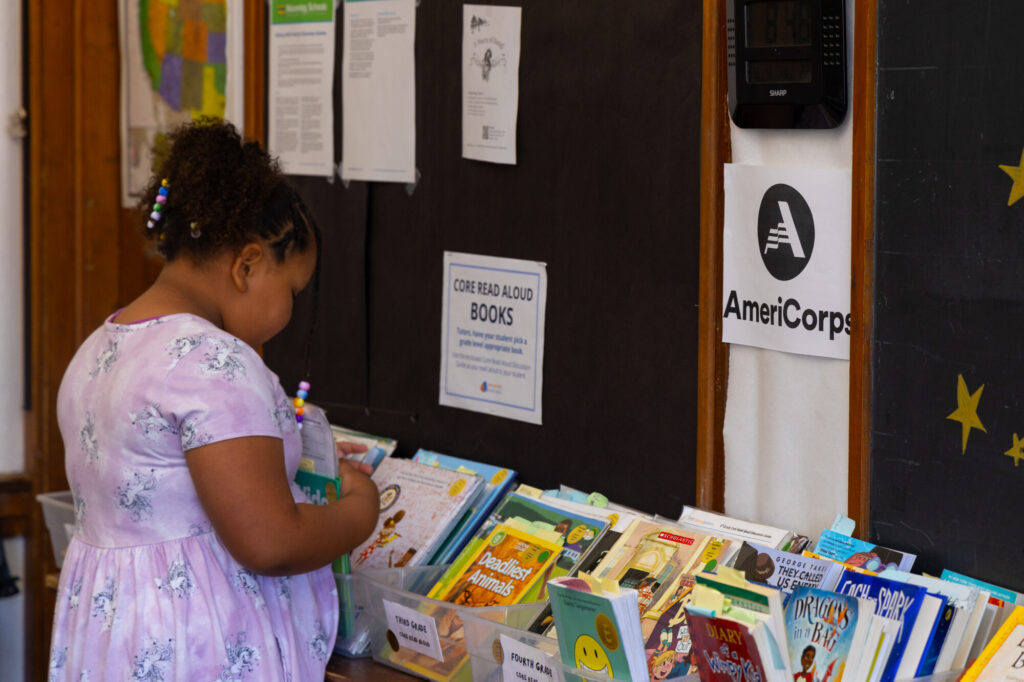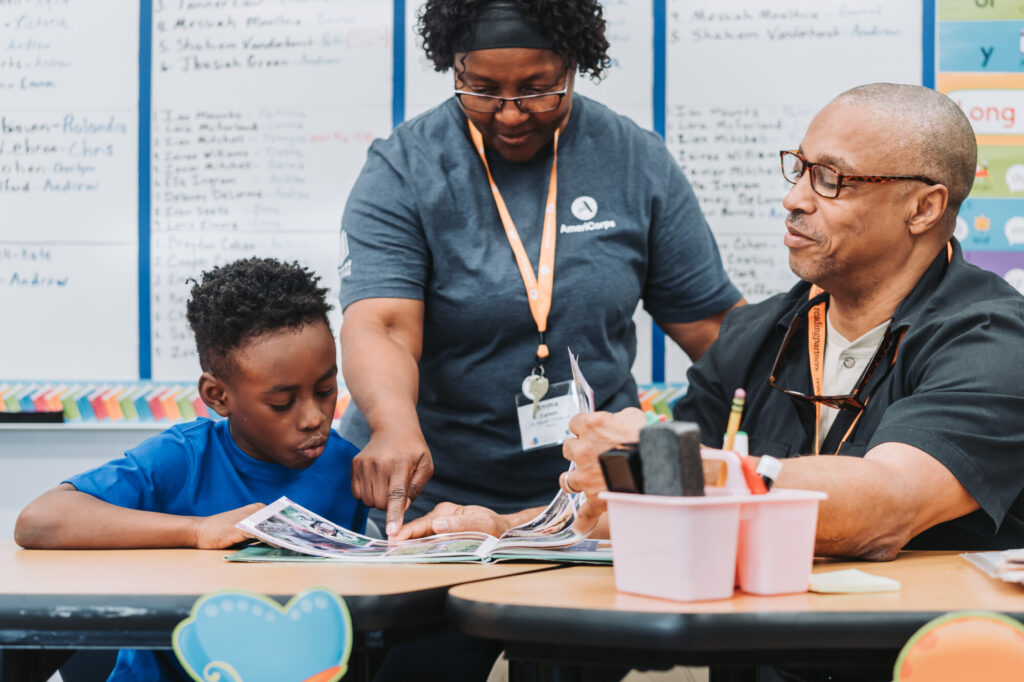
World Bank helps Reading Partners enrich cultural diversity of student libraries
January 19, 2016
Development Coordinator, Reading Partners DC
Most people know that World Bank is working hard to end poverty worldwide, but have you ever thought about how they are impacting communities in the US? This fall, World Bank teamed up with Reading Partners to help address issues of diversity and inclusion in local DC reading centers.
The World Bank InfoShop bookstore offered customers the opportunity to donate a book to Reading Partners along with their purchase. They could choose from three carefully selected books that focus on cultural diversity, including, If an Elephant Went to School (Ficsher/Wood), Children Around the World (Montanari), and When the Slave Esperança Garcia Wrote a Letter (Rosa).
 Through the mindful selection of books for reading centers, Reading Partners DC has made a concerted effort to bring in books that generate an awareness of cultural diversity in our students. Books hold the power to connect youth with their own cultural backgrounds, which is why the World Bank and Reading Partners DC are collaborating to ensure that all Reading Partners students have the opportunity to develop a sense of cultural identity. Additionally, we hope to build our students’ compassion for and understanding of other cultures by exposing them to content-diverse materials.
Through the mindful selection of books for reading centers, Reading Partners DC has made a concerted effort to bring in books that generate an awareness of cultural diversity in our students. Books hold the power to connect youth with their own cultural backgrounds, which is why the World Bank and Reading Partners DC are collaborating to ensure that all Reading Partners students have the opportunity to develop a sense of cultural identity. Additionally, we hope to build our students’ compassion for and understanding of other cultures by exposing them to content-diverse materials.
Of the students enrolled in our 2015-16 program, approximately 73 percent are African American, 22 percent are Hispanic, 2 percent are Asian, and 3 are identified as being of other races or ethnicities. Our goal is to create reading libraries in our centers that reflect the diversity among our students, thus demonstrating an appreciation of our students’ diverse cultural backgrounds.
Reading Partners relies on book donations to stock our Read Aloud and Take Reading Home libraries, and as of yet we do not have an adequate amount of books that give tribute to our student population. Having access to the books donated through the World Bank InfoShop which focus on cultural diversity will equip our students with the necessary tools to link their reading materials with positive self identification, and will provide educational enrichment that goes beyond teaching our students to read the words on a page.
Reading Partners DC has partnered with the World Bank Community Connections Campaign for many years, and we are excited to connect with the World Bank in a new, and essential, way. We are very grateful for the support of World Bank InfoShop, and we look forward to seeing the impact that the donated books make in our centers in 2016!



